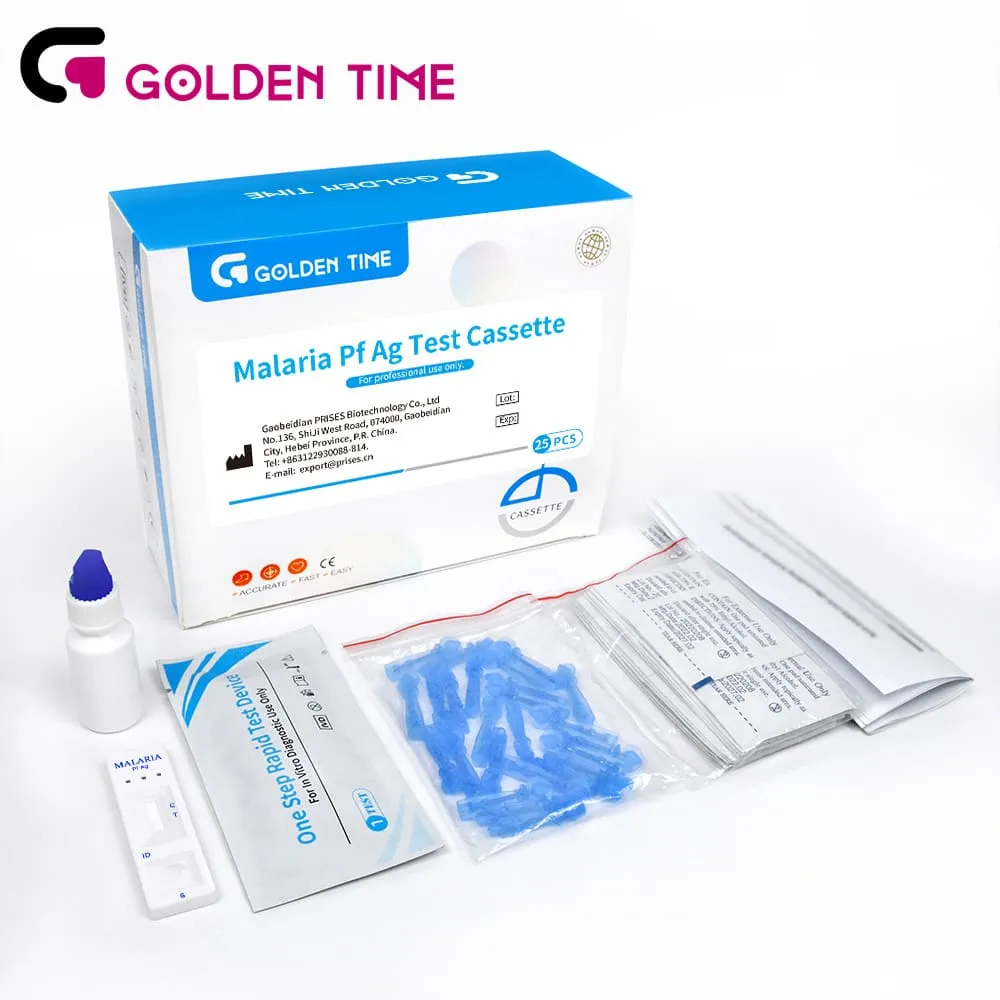ژانویه . 24, 2025 02:39 Back to list
plastic cassette for test
Navigating the vast landscape of medical diagnostics, one test has emerged as a crucial tool in the battle against viral infections – the Hepatitis C test. With millions affected globally by Hepatitis C, understanding and selecting the right diagnostic test is paramount. The complexity of these tests, compounded by the nuances of healthcare systems, makes it essential for individuals and healthcare providers to make informed decisions grounded in expertise and authoritative information.
Expertise in this field mandates familiarity with the latest developments in test methodologies and healthcare policies. Maintaining credibility hinges on a comprehensive grasp of regulatory standards like those set by the FDA or WHO, ensuring that tests meet international safety and effectiveness benchmarks. This awareness also supports clinics and practitioners in selecting tests that align with health insurance frameworks, enhancing accessibility for patients. Clinician-patient interaction efficacy enhances the trustworthiness of test results. Educating patients about the importance of Hepatitis C testing, potential outcomes, and subsequent steps builds transparency. Equally, personalized care that respects patient concerns and questions can significantly improve compliance with treatment regimens, supposing positive results. Truly authoritative information comes from continuous engagement with the latest research and real-world clinical outcomes. Peer-reviewed studies and clinical trials endorse products and methodologies, establishing a feedback loop that perpetuates evidence-based practices. Additionally, direct patient testimonials serve as compelling evidence of product efficacy, offering real-world validation beyond clinical settings. In the rapidly advancing world of healthcare diagnostics, keeping abreast of these elements ensures that Hepatitis C tests remain valuable tools in the clinical toolkit. As policies and technologies evolve, so too should the strategies of those implementing these tests. From product manufacturers to healthcare practitioners, the emphasis on expertise, authority, trust, and experiential value forms the foundational pillars of a credible and effective diagnostic approach for Hepatitis C. Through such diligence, the aim is to foster a healthier global community, equipped with significantly reduced Hepatitis C transmission.


Expertise in this field mandates familiarity with the latest developments in test methodologies and healthcare policies. Maintaining credibility hinges on a comprehensive grasp of regulatory standards like those set by the FDA or WHO, ensuring that tests meet international safety and effectiveness benchmarks. This awareness also supports clinics and practitioners in selecting tests that align with health insurance frameworks, enhancing accessibility for patients. Clinician-patient interaction efficacy enhances the trustworthiness of test results. Educating patients about the importance of Hepatitis C testing, potential outcomes, and subsequent steps builds transparency. Equally, personalized care that respects patient concerns and questions can significantly improve compliance with treatment regimens, supposing positive results. Truly authoritative information comes from continuous engagement with the latest research and real-world clinical outcomes. Peer-reviewed studies and clinical trials endorse products and methodologies, establishing a feedback loop that perpetuates evidence-based practices. Additionally, direct patient testimonials serve as compelling evidence of product efficacy, offering real-world validation beyond clinical settings. In the rapidly advancing world of healthcare diagnostics, keeping abreast of these elements ensures that Hepatitis C tests remain valuable tools in the clinical toolkit. As policies and technologies evolve, so too should the strategies of those implementing these tests. From product manufacturers to healthcare practitioners, the emphasis on expertise, authority, trust, and experiential value forms the foundational pillars of a credible and effective diagnostic approach for Hepatitis C. Through such diligence, the aim is to foster a healthier global community, equipped with significantly reduced Hepatitis C transmission.
Latest news
-
Dengue NS1 Rapid Diagnostic Test Kit
NewsMar.07,2025
-
Dengue NS1 Rapid Diagnostic Test Kit
NewsMar.07,2025
-
Dengue NS1 Rapid Diagnostic Test Kit
NewsMar.07,2025
-
Transferrin Rapid Test Cassette Tumor Marker TF Card
NewsMar.07,2025
-
Malaria Pf Pan Rapid Diagnostic Test Kit
NewsMar.07,2025
-
malaria pf / pan ag rapid test
NewsMar.07,2025

